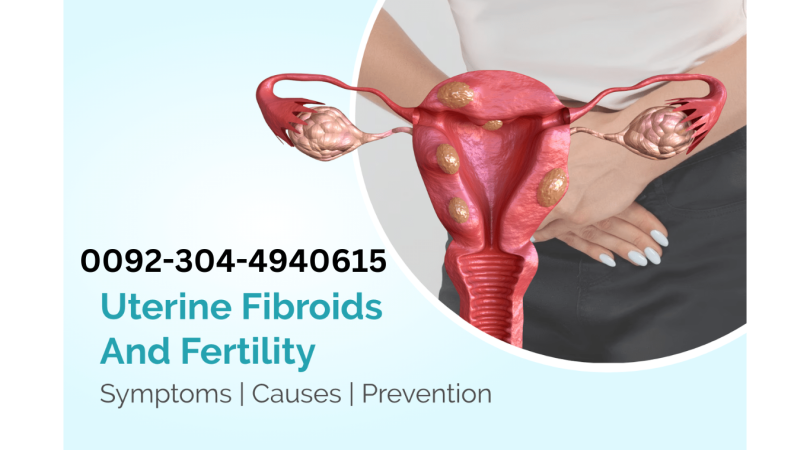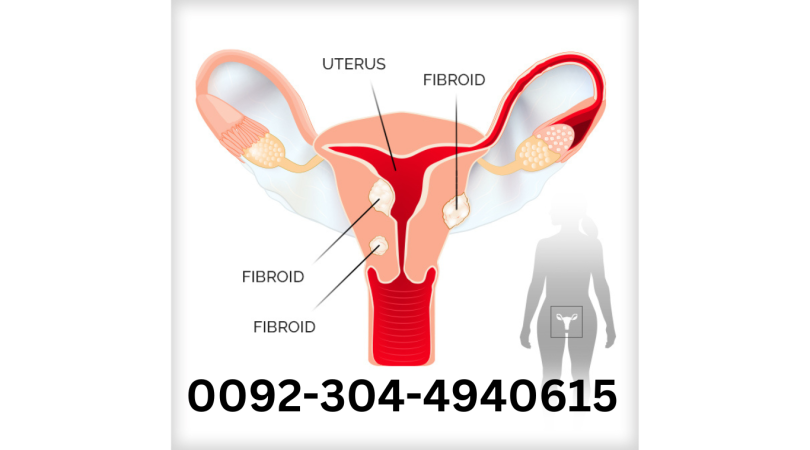kamzor or shadi shuda hazrat mutawasta hon 0092-304-4940615
"Fibroids, also known as uterine fibroids or leiomyomas, are common noncancerous growths of the uterus that often appear during childbearing years. While they are typically benign and don't always cause symptoms, every woman should be aware of fibroids because they can impact reproductive health and overall well-being. Here are some important things every woman should know about fibroids:
Prevalence:
Fibroids are quite common, with estimates suggesting that up to 70-80% of women may develop them by the age of 50, although not all will experience symptoms.
Causes:
The exact cause of fibroids is not known, but they are thought to be influenced by genetics and hormonal factors, particularly estrogen and progesterone.
Symptoms:
Fibroids can vary in size and location within the uterus, and symptoms can range from mild to severe. Common symptoms include heavy menstrual bleeding, prolonged periods, pelvic pain or pressure, frequent urination, and pain during intercourse.
Diagnosis:
A healthcare provider can often diagnose fibroids through a pelvic exam or imaging tests such as ultrasound, MRI, or a CT scan.
Types: There are different types of fibroids, classified based on their location within the uterus:
Subserosal fibroids:
Located on the outer surface of the uterus.
Intramural fibroids:
Found within the muscular wall of the uterus.
Submucosal fibroids:
Positioned just beneath the lining of the uterine cavity.
Pedunculated fibroids:
Attached to the uterine wall by a stalk.
Treatment options:
Treatment for fibroids depends on the severity of symptoms, the size and location of the fibroids, and a woman's reproductive plans. Treatment options may include:
Watchful waiting:
If fibroids are small and not causing symptoms, no treatment may be needed.
Medications:
Hormonal medications or nonsteroidal anti-inflammatory drugs (NSAIDs) can help manage symptoms.
Minimally invasive procedures:
Options like uterine artery embolization, myomectomy (removal of fibroids while preserving the uterus), and laparoscopic or robotic surgery can be considered.
Impact on fertility:
Depending on their size and location, fibroids can sometimes interfere with fertility and may cause complications during pregnancy, such as a higher risk of cesarean section. If fertility is a concern, it's important to discuss treatment options with a healthcare provider.
Prevention:
While you cannot completely prevent fibroids, maintaining a healthy lifestyle with a balanced diet, regular exercise, and managing stress may help reduce the risk or severity of fibroids.
Regular check-ups:
Women should have regular gynecological check-ups to monitor their reproductive health. If you suspect you have fibroids or are experiencing symptoms, consult a healthcare provider for proper evaluation and guidance.
It's important for women to be informed about fibroids and to have open discussions with their healthcare providers about any concerns or symptoms they may be experiencing. Early detection and appropriate management can help improve quality of life and address any potential fertility issues associated with fibroids.
LASANI DAWAKHANA 0092-304-4940615
Youtube Videos Clike Hear

















